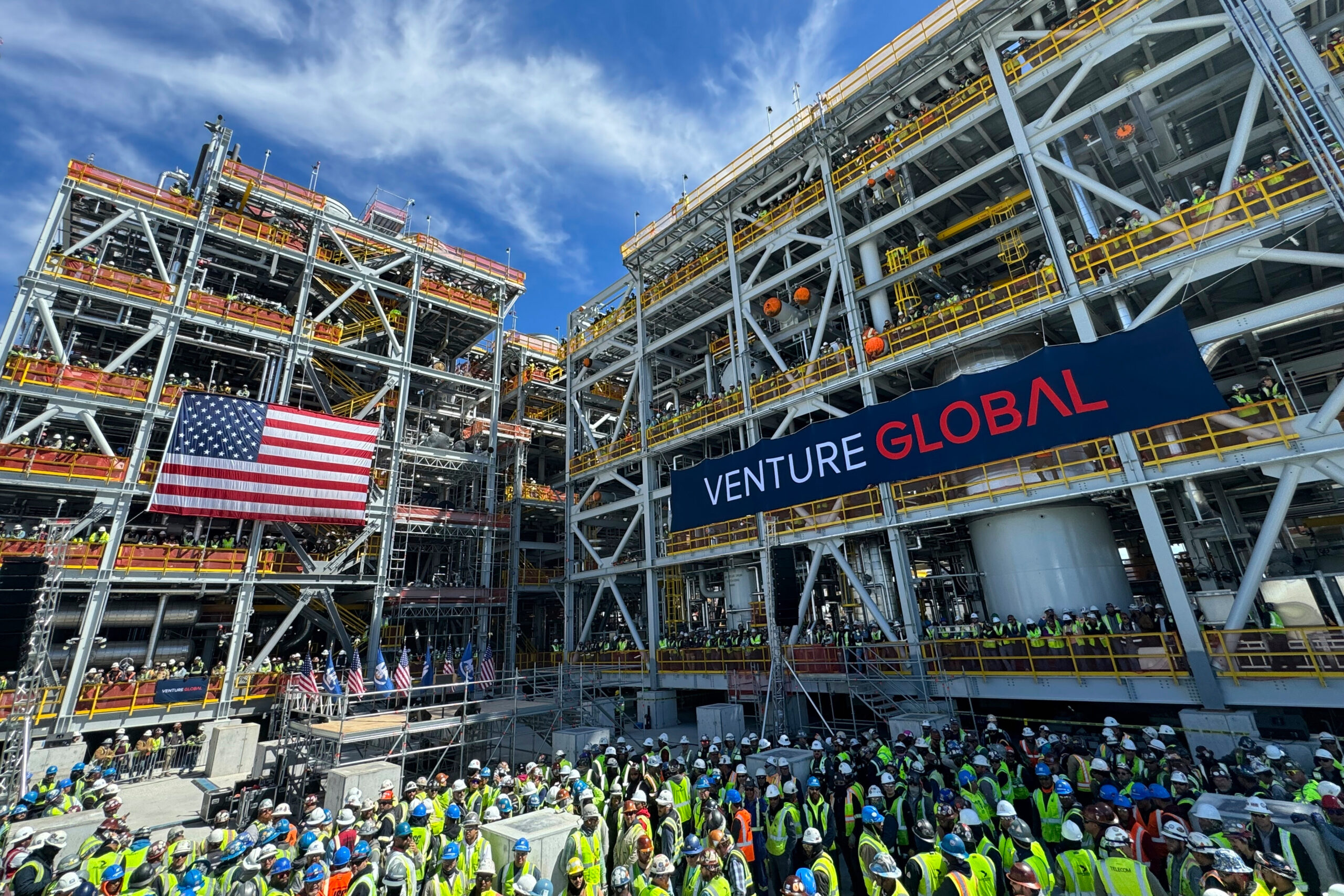John Calabrese teaches international relations at American University in Washington, DC. He is the book review editor of The Middle East Journal and a non-resident senior fellow at the Middle East Institute. He previously served as director of MEI’s Middle East-Asia Project.
Analysis
The Saudi-Turkish Pragmatic Realignment
February talks between Saudi Arabia and Turkey signaled the emergence of a pragmatic regional order grounded in economic complementarity, defense cooperation, and shared anxieties about instability.

9 min read
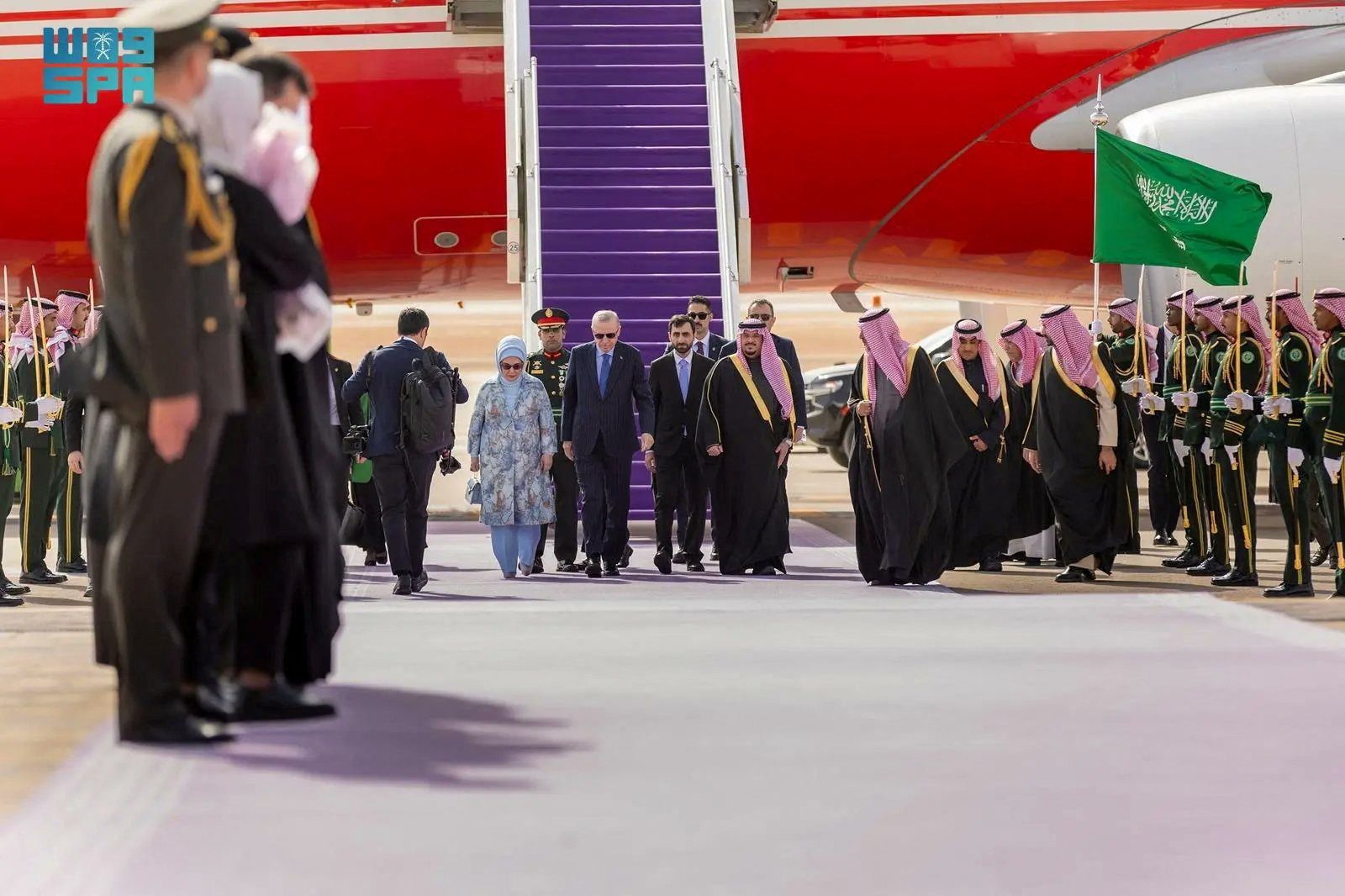
Recasting Syria After Assad: Saudi Arabia’s Bid to Shape a Gulf-Led Regional Order
Saudi Arabia’s early, front-loaded engagement in Syria is part of a preemptive strategy to shape conditions before rival actors can fill the vacuum.

14 min read
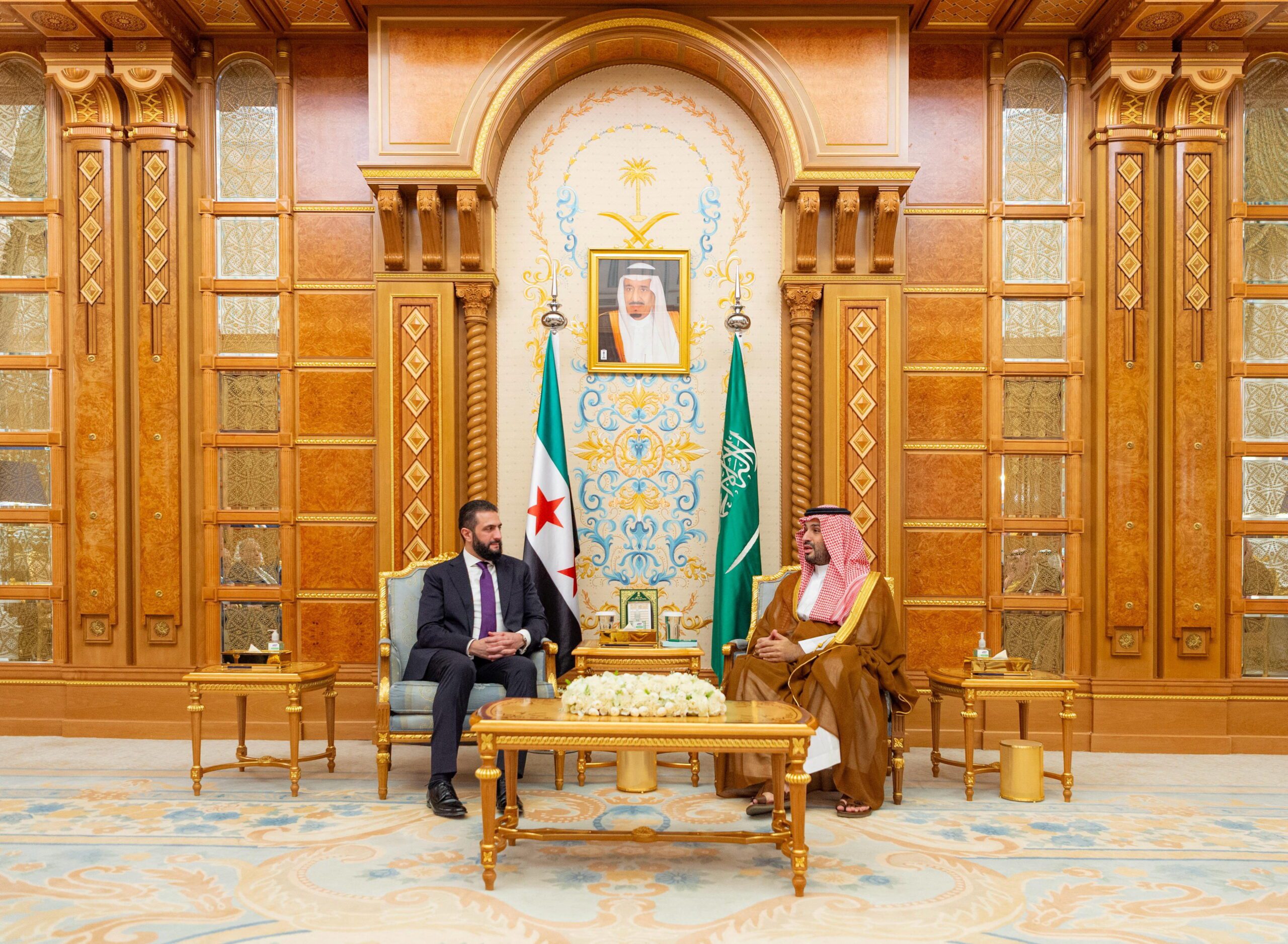
Kurdistan at a Crossroads Ahead of Iraq’s November 11 Elections
The durability of recent peace gestures, energy deals, and revenue-sharing agreements will hinge on political consensus and restraint, both within Kurdistan and across Iraq’s fractured national landscape.

12 min read
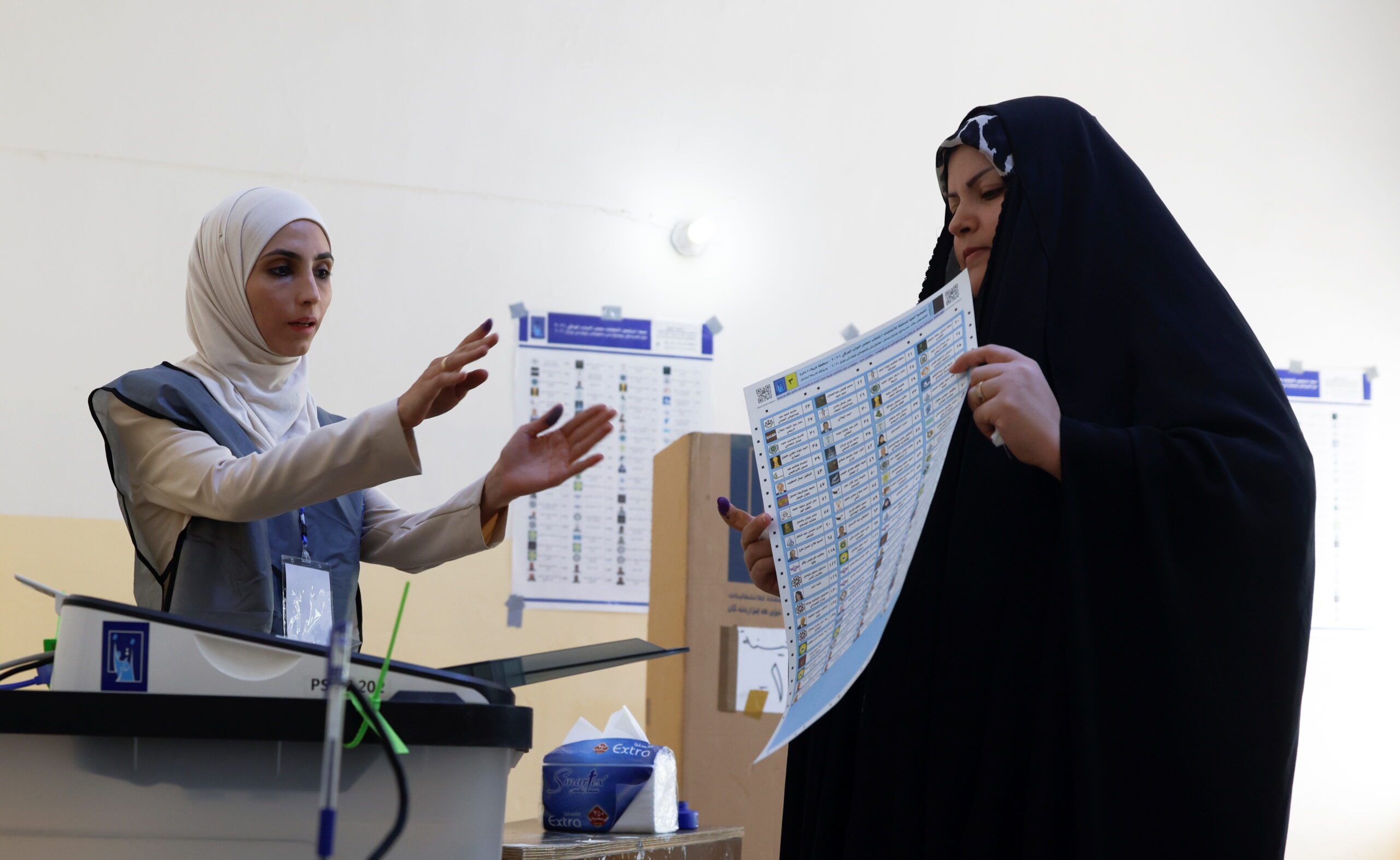
Oman’s Hydrogen Horizon: Linking Local Industry to Global Decarbonization
By linking domestic renewable energy capacity with industrial-scale production and export corridors, Oman is building a framework to transform its hydrogen ambitions into a sustainable and globally relevant industry.

17 min read
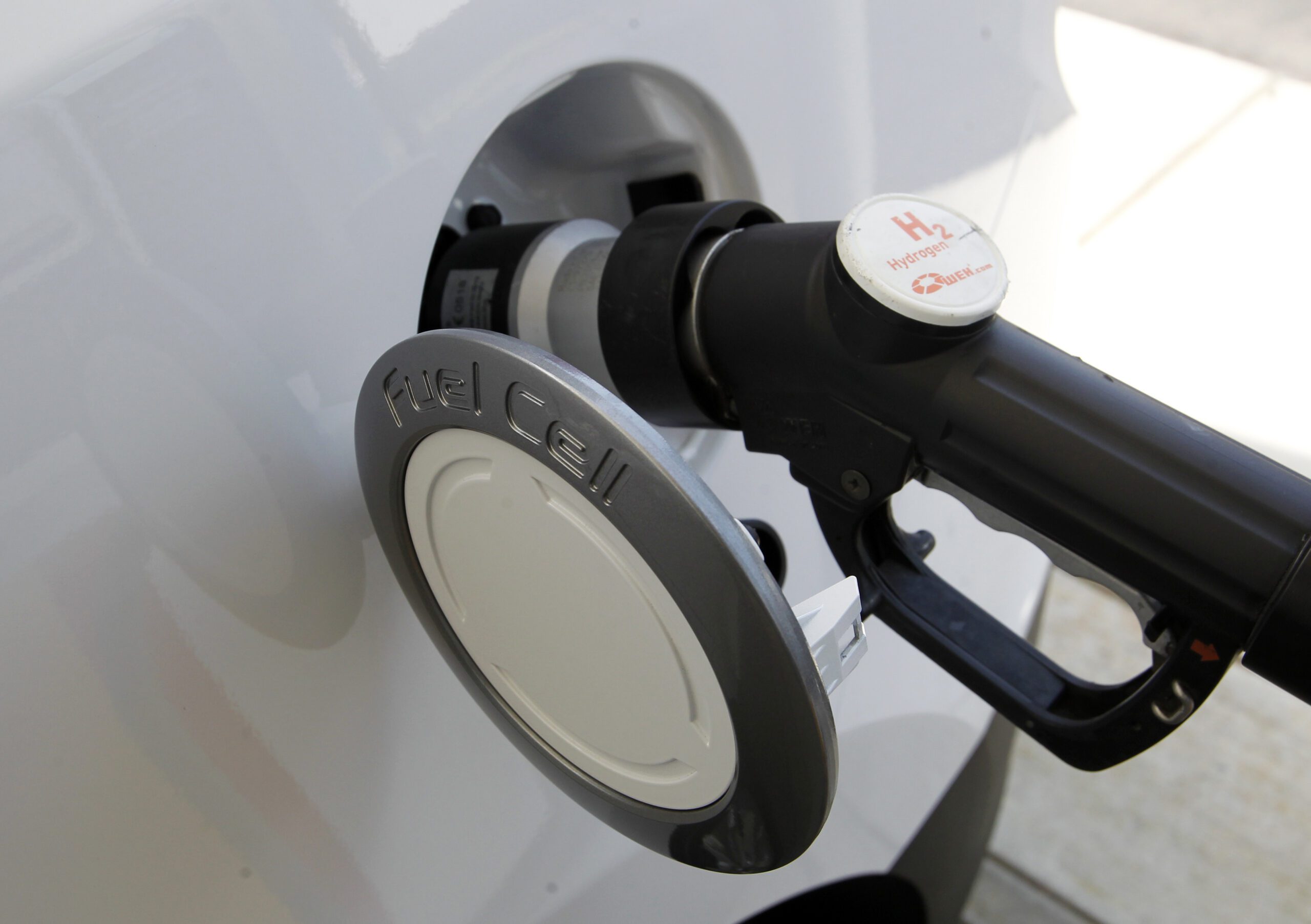
The Russia-China Gas Axis and the Gulf
Cheap Russian pipeline flows could weaken Asian LNG demand, depress global prices, and force Gulf exporters to rethink the foundations of their growth strategies.

11 min read
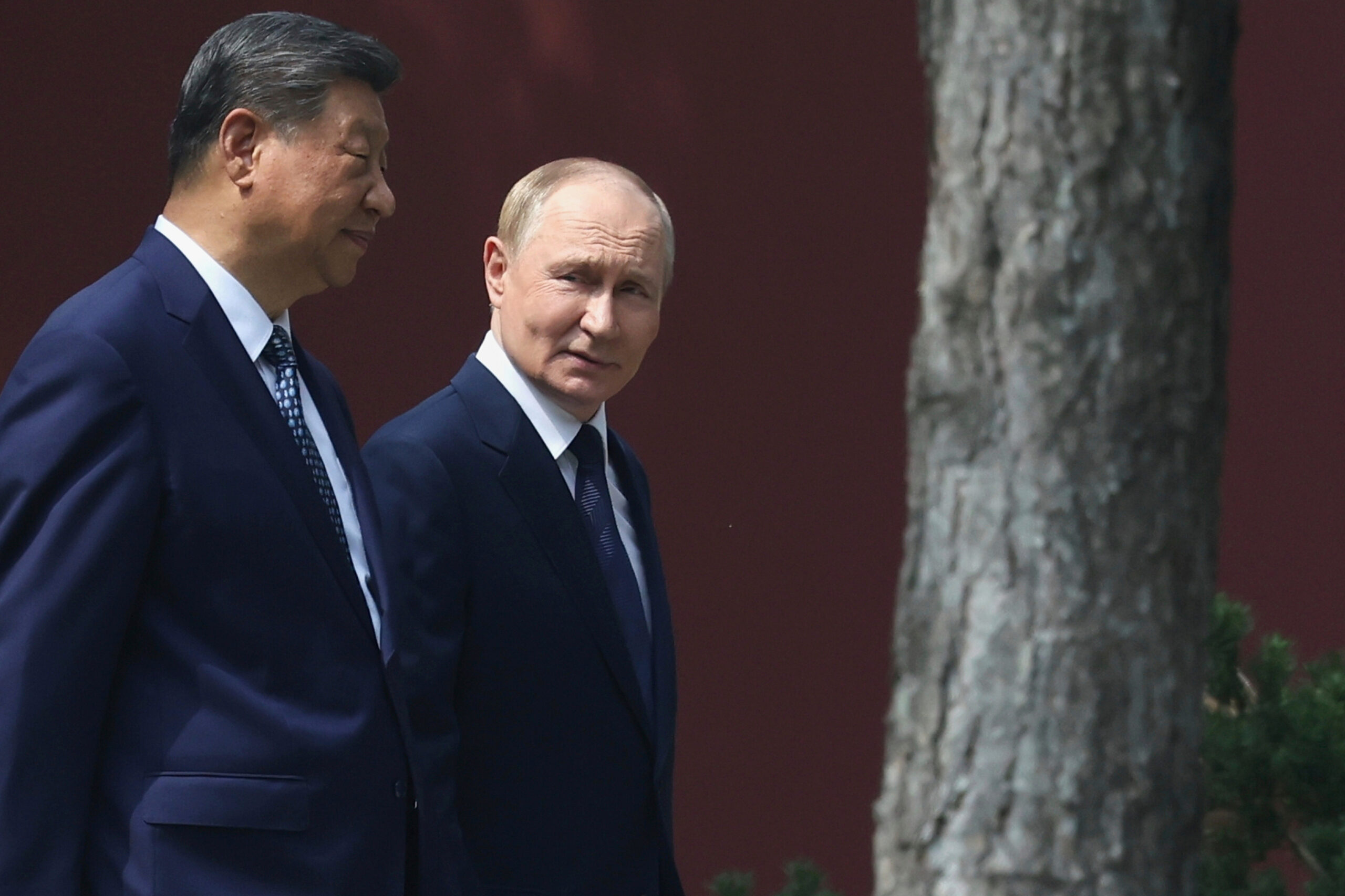
What Trump’s LNG Push Means for the Gulf States
Gulf producers are adapting to global market changes and may even benefit from U.S. export growth by leveraging investments, strengthening diplomatic ties, and accelerating their own energy-transition agendas.

14 min read
